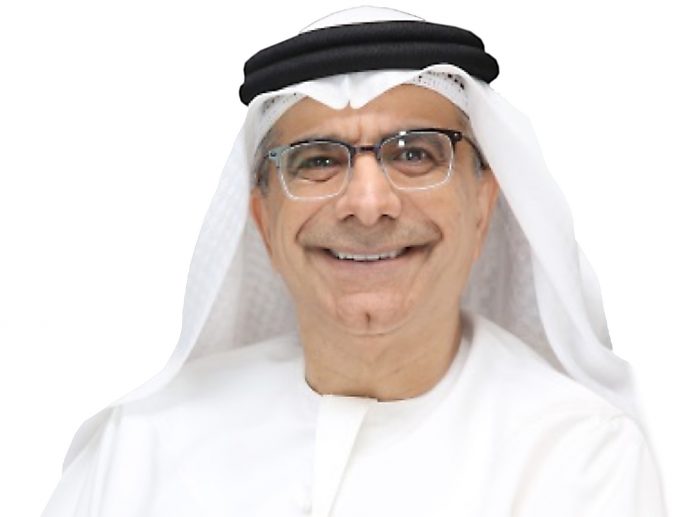Abdulhamid M. Saeed Alahmadi, Governor of the Central Bank of the United Arab Emirates (CBUAE), chaired the virtual meeting of the 44th Regular Session of Council of Arab Central Banks and Monetary Authorities Governors. He gave his opening remarks in the presence of governors and experts from various international authorities and institutions, according to local newswire, WAM.
The meeting, which was organised by Arab Monetary Fund (AMF) highlighted key trends for central banks which include economic, financial and monetary impact of the COVID-19 pandemic and post-crisis requirements for policies and tools to boost the economy in the aftermath of the pandemic. As well as, the major systematic risks that jeopardise monetary stability and role of central banks.
In his opening remarks, Alahmadi highlighted the vital role of central banks and Arab Monetary Authorities play to safeguard their economies and promote financial stability and the soundness of the banking sector. He also stressed the importance of adopting regulatory and monetary policies to mitigate the economic implications incited by the COVID-19 pandemic.
The meeting was attended by Christine Lagarde, President of the European Central Bank (ECB), who explained how the ECB’s monetary policy have reacted strongly to the pandemic during the past few months and shared her views about the outlook for the global economy. Following her speech, Mohammed El-Aryan, the Chief economist at ALLIANZ discussed international financial flows and their impact on the external positioning of emerging economies and developing countries during the crisis and the policies that must be considered in these markets.
Furthermore, Sylvie Goulard, Vice Governor, Banque de France addressed Fintech and digital transformation of financial services and products in light of the implication of the COVID-19 pandemic and the keenness of central banks to adapt these technologies.
Luiz Awazu da Silva, Deputy General Manager, Bank for International Settlements (BIS) spoke about climate change impact on the financial system and financial stability, urging central banks to support sustainable economic initiatives.
Dr. Marcus Pleyer, President, Financial Action Task Force (FATF) underlined the progress and challenges in efforts to combat money-laundering and terrorist financing and the importance of expanding financial inclusion highlighting the efforts undertaken Arab countries in this regard.
Abdulhamid M. Saeed Alahmadi, Governor of the Central Bank of the UAE said: “During this meeting, the robust efforts led by the central banks and monetary authorities signalled issues and developments that represent key trends which policymakers must harness to safeguard the economy and promote financial stability.”
He stressed on the importance of leveraging financial technology and digital transformation in financial services to protect the national economy, wherein the UAE has excelled.











